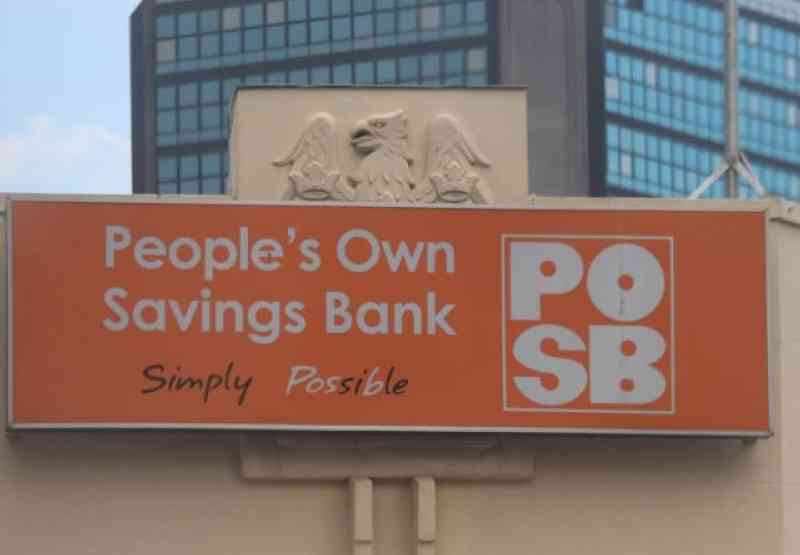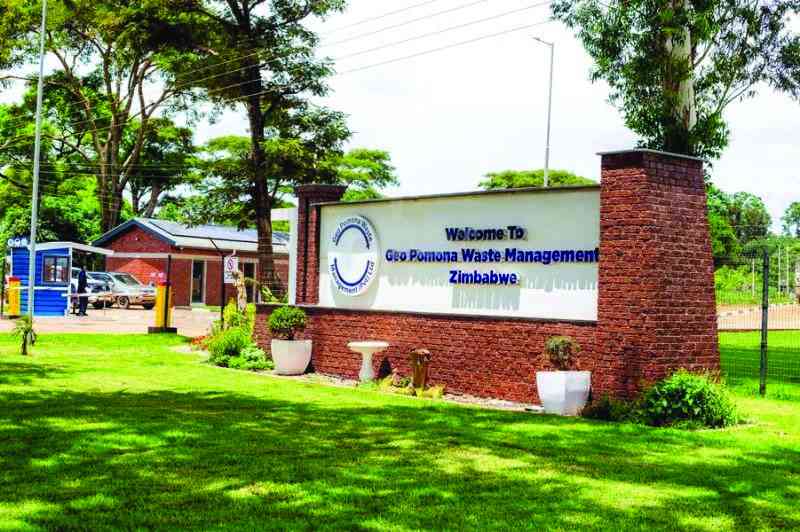
FINANCE and Economic Development Minister Mthuli Ncube has requested more details in the State-run mass-market lender People’s Own Savings Bank (POSB)’s privatisation roadmap, as the processes inches towards completion, according to a report by the bank.
In a statement accompanying financial statements for the year ended December 31, 2022, POSB acting chairman, Israel Ndlovu said the firm submitted crucial documentation relating to transformation to Ncube during the period.
POSB is one of 107 state entities earmarked for partial or full privatisation, in a strategy that authorities say will help it attract fresh capital.
“Subsequent to that submission, the Minister requested for a more comprehensive strategy document, which is inclusive of the recommended strategic partner or investor. At the time of preparing this report, the consultants were in the process of attending to the outstanding workstreams and deliverables which include the minister's request,” he said.
“It is anticipated that the partial privatisation project will be concluded by the end of the year 2023,” noted the POSB boss.
Pursuant to privatisation, POSB has indicated that it wants to list on the Zimbabwe Stock Exchange (ZSE).
However, there has recently been an exodus of firms from the ZSE in the past year, which POSB management acknowledged in its financial report.
Those deserting ZSE have found a new home at the foreign currency indexed Victoria Falls Stock Exchange (VFEX).
- Budget dampens workers’ hopes
- Govt issues $24 billion Covid-19 guarantees
- Letter to my People:They have no answers for Nero’s charisma
- ZMX to enhance farm profitability
Keep Reading
In last week’s report, POSB chief executive officer, GarainesuChangunda gave glowing remarks about VFEX.
“The Victoria Falls Stock Exchange increased its capitalisation from US$0,27 billion in June 2022 to US$0,42 billion in December 2022. It is encouraging to note the improved participation on the Victoria Falls stock market in the year,” Changunda said.
As of the end of last year, the bank had assets worth $39,37 billion, up 35,46% from the 2021 comparative of $29,06 billion.
Inflation pressures during the review period saw POSB to experiencing a dip in profit after tax to $2,34 billion, a trend generally seen in most financial institutions.
This figure was $2,57 billion during the comparable period in 2021.
Net interest income rose to $4,5 billion, from a 2021 comparative of $3,2 billion.
“Operating expenses increased by 93% in inflation adjusted terms to $14,60 billion in 2022 from $7,56 billion in 2021 due to a general rise in prices attributed to inflationary pressures,” POSB said.
“The liquidity ratio of the Bank stood at 70% as at 31 December 2022 confirming that the bank is highly liquid and has the capacity to honour its obligations. Capital adequacy of the bank stood at 62% as at 31 December 2022 in inflation adjusted terms against the minimum regulatory ratio of l2%.”
The bank reported that deposits increased by 33% from $15,98 billion in 2021 to $21,29 billion by December 2022.
“The People's Own Savings Bank will strengthen its position on the market by growing its customer base and introducing new products. The bank will also continue to be aggressive in deposit mobilisation in order to grow its business and remain competitive,” Ndlovu said.
“In an effort to bring convenience and provide efficient services to its customers, the bank will use its wide branch network, digital channels and agencies to ensure delivery of quality services to its customers.”











